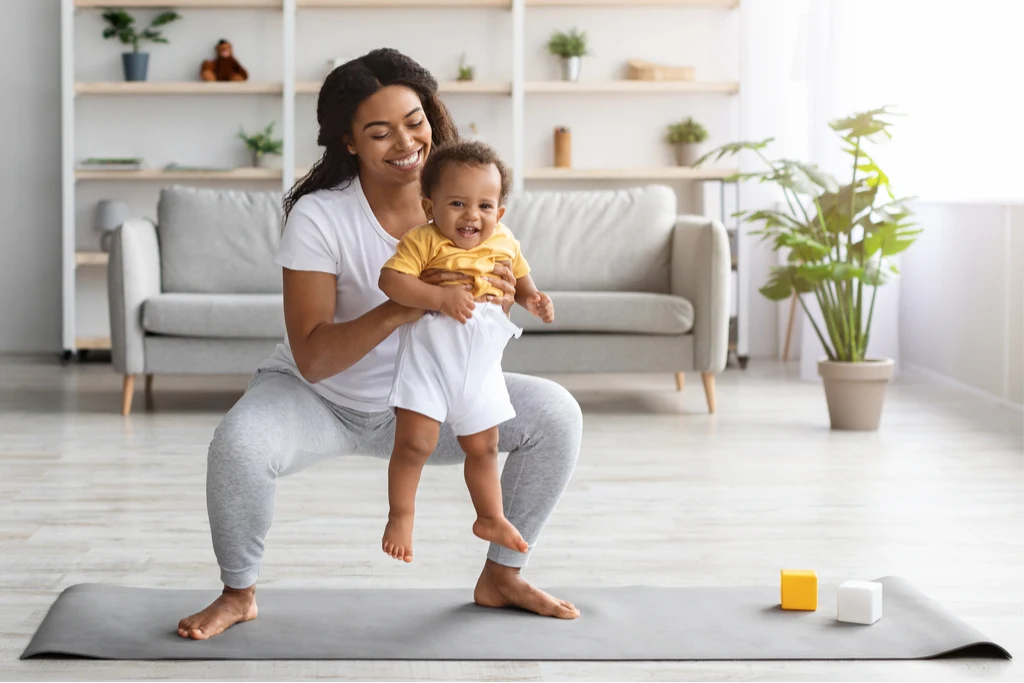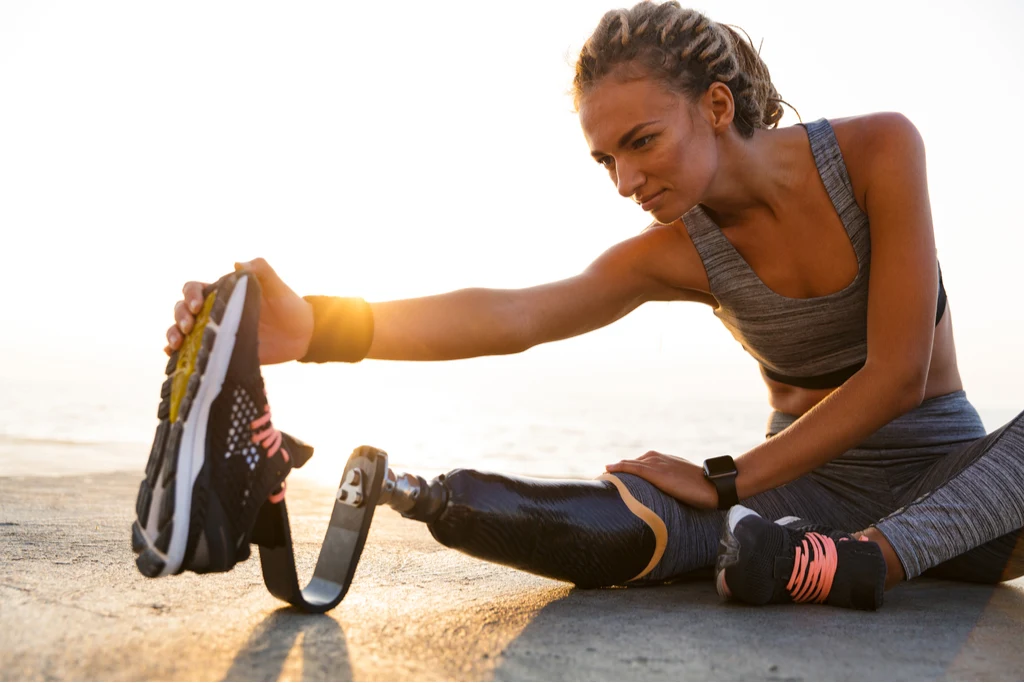Why Fitness Feels Different For Everyone

May 5, 2022

Whether you’re scrolling through Instagram or looking at other people in the gym, it can be easy to feel like everyone else is highly motivated, fit, healthy and finding exercise a breeze. But there’s a lot you can’t see, and it’s important to remember working out feels different for everyone and there are many barriers to exercise can make it more challenging. Fitness can look easy on the outside, but feel the total opposite.
Here are some of the ways fitness can feel different for everyone - a reminder to focus on your own fitness goals, be kind to yourself and others, and never compare yourself or your journey.
Health conditions
Many health conditions aren’t immediately visible but can make working out a real challenge. Some women deal with asthma which can make it difficult to breathe, while autoimmune diseases such as IBS (Irritable Bowel Syndrome) and Celiac disease can leave you with an upset or unpredictable digestive system.
We even have members of the Sweat Community who have been through cancer treatment, and found they lost a significant amount of strength and fitness, or working out became incredibly hard.
Other health conditions and infections require medications or antibiotics, which can have a range of side effects on the body. People with mental health conditions may also face their own set of challenges when it comes to their fitness. You never know what someone else might be going through.

Recovering from illness or injury
Similarly, working out might feel dramatically different if you are recovering from an illness or injury. Your fitness and strength may have declined, energy may be lower, or you may need to substitute exercises or reduce the intensity of your workouts until your body has recovered.
Some injuries can also have long-lasting impacts on the body, and can mean months or years of rehab and exercise modifications.
More recently, many members of the Sweat Community have found the return to exercise after Covid-19 tough, with increased levels of fatigue and reduced lung capacity.
If you’re returning to fitness after illness or injury, remember to take things gently, listen to your body, and always seek advice from your healthcare professional if you have concerns or feel something isn’t right.
Fitness, confidence and experience
Let’s be honest, most of us don’t have the same level of fitness and experience as a Sweat trainer when it comes to exercise.
That’s perfectly normal (they’re professionals after all), but for some of us, it can impact how we approach exercise or even lead us to avoid a workout.
You might feel a lack of confidence around how to use machines, feel nervous walking into the gym as a beginner or be scared to try new exercises. Perhaps you’re learning to love your body or are trying to overcome a negative relationship with exercise.
Be kind to yourself if you’re feeling this way and know you’re not alone! If confidence isn’t an issue for you, always be kind to the people exercising around you.
Working out for the first time can be intimidating, so if someone in the gym is taking a while to choose their dumbbells or set up their barbell, remember this could be their first time lifting weights and make sure they feel welcome in that space.

Mood and energy levels
You might smash out your Monday workout, only to have a bad sleep on Tuesday and struggle through every rep on Wednesday. Your best friend might wake up full of energy each day, whereas you’ve just had a baby or have been under a lot of stress and can’t even REMEMBER the last time you felt excited and ready to work out. Do you think all your workouts will look and feel the same? Of course not!
What happens in our day-to-day lives can also affect our mood. When things don’t go to plan, turning up the music and having a big Sweat session can be the perfect solution, but sometimes it’s better to rest or change your workout schedule so it fits into your life.
We all have different bodies, lives and responsibilities, so tune in to how you feel, what you need, and move in a way that feels energising and enjoyable for YOU.
Pregnancy and motherhood
Being pregnant or a mum can affect much more than just your energy levels. If you’ve recently given birth or had a c-section, you’re likely feeling sore and taking things slowly. You also might be experiencing changes in your body, mood, sleep, hormones and pelvic floor.
One of Kayla’s biggest pieces of advice is to connect with other mums within the Sweat Community for support and advice.
Make sure you have clearance from your healthcare provider before returning to exercise and take things slowly.

Limb differences, body shapes and disabilities
Our differences make us beautiful (how boring would life be if we were all the same?), but it’s also true that they can sometimes create challenges and barriers.
Some people have limb differences such as one arm or leg being shorter than the other, or a body part may be missing or not shaped in the usual way. These differences can make it hard to perform certain exercises or find a place to work out that feels inclusive.
The natural shape of your body can also impact your workouts. Someone with longer legs may find running comes more naturally, while their friend with longer arms may find swimming a lot easier. One woman may have naturally high muscle mass and be able to do push-ups on her toes from day one, while her friend may have a smaller frame and need to do push-ups on her knees while she builds her strength.
We are all shaped differently, and that’s a great thing! Fitness should be about feeling good, so don’t let yourself be distracted by someone else’s strength or fitness unless it inspires you to improve.
Motivation and enjoyment
When you think back to when you were at school, some people couldn’t wait for sports games and PE class, while others would dread it!
If you struggle to feel motivated or don’t currently enjoy exercise, try to find a style of movement that makes YOU feel good, both mentally and physically. Don’t worry about what everyone else is doing. Know that your motivation levels will change too, and it can help to keep setting new goals, trying new things or having fun with a workout buddy to keep things interesting.
Have you ever experienced something that impacted how it felt to exercise? We would love you to share your unique experiences in the comments!

A more empowered you starts with Sweat, and our editorial team is here to bring you the latest fitness tips, trainer recommendations, wellbeing news, nutritional advice, nourishing recipes and free workouts.
* Disclaimer: This blog post is not intended to replace the advice of a medical professional. The above information should not be used to diagnose, treat, or prevent any disease or medical condition. Please consult your doctor before making any changes to your diet, sleep methods, daily activity, or fitness routine. Sweat assumes no responsibility for any personal injury or damage sustained by any recommendations, opinions, or advice given in this article.
Fitness